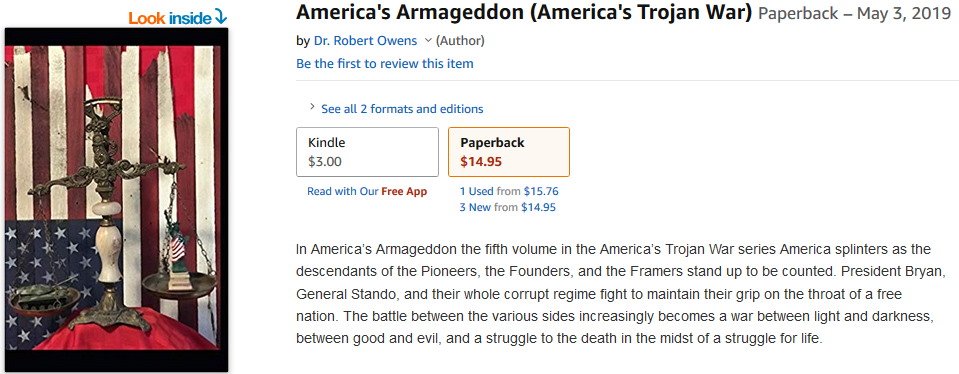Causes of War Krugman Overlooked
- Written by David Swanson

USA 19 August 2014.
While I'm working on a campaign to abolish war, it's helpful and appreciated that a columnist for one of the most effective war promoting institutions in the world, the New York Times, on Sunday mused aloud about why in the world wars are still waged.
Paul Krugman rightly pointed to the destructive nature of wars even for their victors. He admirably presented the insights of Norman Angell who figured out that war didn't pay economically over a century ago. But Krugman didn’t get much further than that, his one proposal to explain wars fought by wealthy nations being political gain for the war makers.
Robert Parry has pointed out the falsity of Krugman's pretense that Vladimir Putin is the cause of trouble in Ukraine. One might also question Krugman's claim that George W. Bush actually "won" his reelection in 2004, considering what went on in Ohio's vote counting.
Yes, indeed, a great many fools will rally around any high official who wages war, and it's good for Krugman to point that out. But it's just plain bizarre for an economist to lament the cost (to the U.S.) of the U.S. war on Iraq as reaching possibly $1 trillion, and never notice that the United States spends roughly $1 trillion on preparations for war each and every year through basic routine military spending -- itself economically destructive, as well as morally and physically destructive.
What drives the spending that Eisenhower warned would drive the wars? Profits, legalized bribery, and a culture that searches for the causes of war primarily among the 95 percent of humanity that invests dramatically less in war-making than the United States does.
Krugman dismisses economic gain as relevant only to poor nations' internal wars, but doesn't explain why U.S. wars concentrate in oil-rich areas. "I am saddened," wrote Alan Greenspan, "that it is politically inconvenient to acknowledge what everyone knows: the Iraq war is largely about oil." As Krugman is no doubt aware, rising oil prices are not lamented by everyone, and the high cost of weaponry is not a downside from the perspective of weapons makers. Wars don't economically benefit societies, but they do enrich individuals. That same principle is central to explaining the U.S. government's conduct on any area other than war; why should war be different?
No particular war, and certainly not the institution as a whole, has a single simple explanation. But it's certainly true that if Iraq's top export were broccoli there'd have been no 2003 war. It's also possible that if war profiteering were illegal and prevented there'd have been no war. It's also possible that if the U.S. culture didn't reward war-making politicians, and/or the New York Times reported on war honestly, and/or Congress had made a habit of impeaching war-makers, and/or campaigns were publicly financed, and/or U.S. culture celebrated nonviolence rather than violence there'd have been no war. It's also possible that if George W. Bush and/or Dick Cheney and a few others were healthier psychologically there'd have been no war.
We should be wary of creating the assumption that there are always rational calculations behind wars. The fact that we can never quite find them is almost certainly not a failure of imagination, but a reluctance to recognize the irrational and evil behavior of our political officials. Global domination, machismo, sadism, and lust for power contribute significantly to the discussions of war planners.
But what makes war common in certain societies and not others? Extensive research suggests that the answer has nothing to do with economic pressures or the natural environment or other impersonal forces. Rather the answer is cultural acceptance. A culture that accepts or celebrates war will have war. One that spurns war as absurd and barbaric will know peace.
If Krugman and his readers are beginning to think of war as a bit archaic, as something requiring an explanation, that can only be good news for the movement to abolish war making.
The next big leap might come sooner if we all try to see the world for a moment from the perspective of someone outside the United States. After all, the idea that the U.S. should not be bombing Iraq only sounds like a denial that there is a major crisis in Iraq requiring swift action, to people who suppose that crises require bombs to solve them -- and most of those people, by some coincidence, seem to live in the United States.



